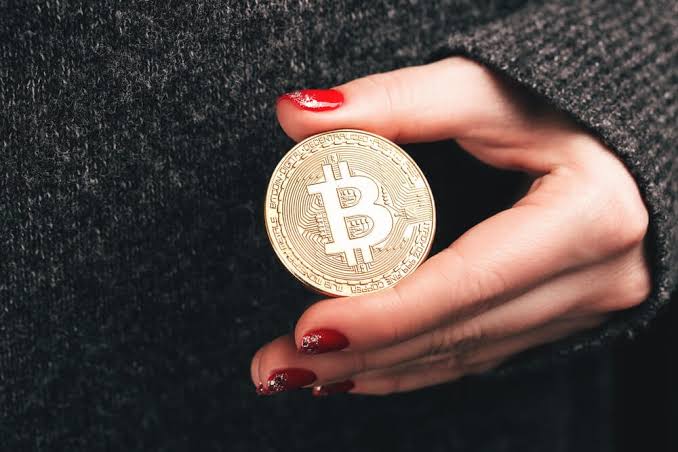There is no reason why women cannot be just as involved in Bitcoin as men. However, only about 5% of Bitcoin users are women, and even fewer are involved in the mining or trading of this digital l currency. You can also use exchanges such as bitcoin evolution to buy and trade Bitcoin.
However, women are early adopters of new technology and can see potential in new platforms and applications and find ways to use them daily. In addition, women are natural networkers who are good at building relationships and connecting with people. Networking is a unique will in the Bitcoin industry.
Additionally, women are often very good at managing risks and balancing different risks and rewards. Risk management is an essential skill in Bitcoin, significantly when the price of Bitcoin can fluctuate wildly. Here is how Bitcoin benefits women in developing countries.
Payments
Blockchain creates a secure platform for completing financial transactions. Experts predict that this platform could bring financial services to up to 42% of women globally, including those without bank accounts. Most importantly, Bitcoin payments can be free since the technology’s basis is peer-to-peer transactions, functioning without a third-party intermediary such as the central bank.
Similarly, there are no costs associated with opening a Bitcoin wallet. Consequently, this virtual currency removes a significant barrier to entry for many women who are less likely than their male counterparts to be able to afford maintenance fees or minimum balance requirements due to their overrepresentation in part-time and informal employment.
Ability to Send Money Globally Through Remittances
Remittances are sometimes informal philanthropy in which migrants send earnings back to their country of origin, usually to family members. For instance, in the United States, remittances generate 430 billion dollars annually. On the other hand, international money transfers can have expensive fees associated with them, which are not in real-time, and in some cases, the legal status of the sender may complicate them. Blockchain technology would not only make these transfers cheaper and more secure, but it will also make the whole process easier on both sides of the equation.
Globally, women are as likely as men to send remittances and more likely to be on the receiving end of the transfer.
Ease of Access to Financial Services by Women
Many women globally lack access to accounts and services provided by financial institutions. On the other hand, digital payments can promote women’s economic empowerment by facilitating greater account ownership and asset accumulation and increasing women’s economic participation.
In the end, women receive payments via accounts that can provide the on-ramp to financial inclusion and, in many cases, the first account that a woman has in her name and under her control. Opening a crypto wallet can be an essential first step into the production of the formal economy for an entrepreneur.
Women Get Paid for Their Work and Can Keep Their Earnings
There are countries where women are not allowed to work outside the home by male family members. A perfect example is Afghanistan, where society prohibits women from working outside their homes. Those who violate this rule risk physical violence and having their earnings confiscated by their male family members. However, an Afghan entrepreneur named Roya Mahboob solved the problem of women’s prohibition from working by paying female contributors to his website with Bitcoin. Apart from paying the women, they could also retain control of their earnings. As a result, women get paid for their work and can keep their money.
The Bottom Line
Blockchain technology cannot change the law, nor can it interfere and alter other social forms. Still, it can be a transformative tool for boosting women’s economic opportunities in places where they have rights.





